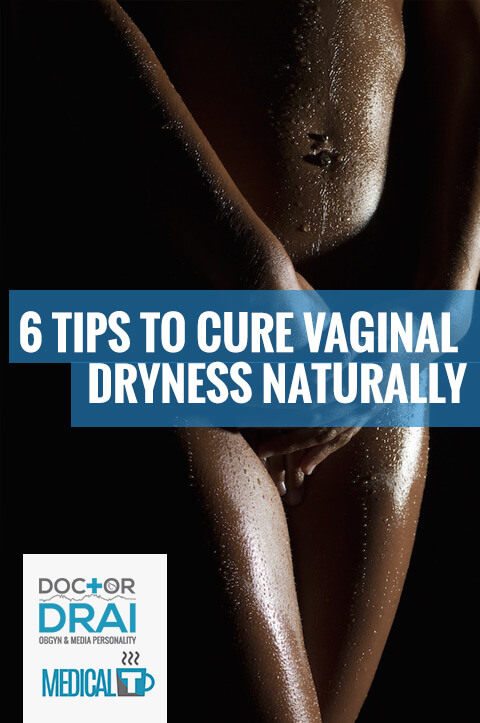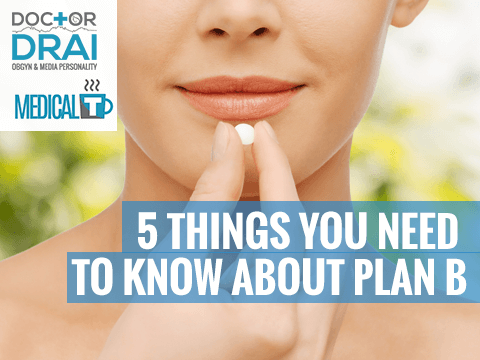Hi #GYNEGirls, #Preggos, & #GENTs! It’s ME Dr. Drai- America’s OBGYN. Chile I’ve outdone myself today. I just came home from outlet mall shopping…Who else LOVES outlet malls? I hear you loud and clear #GYNEGirls. While…One of the checkout gurls from Ralph Lauren remembered me from IG and asked Dr. Drai questions the whole time he was waiting in line, being cashed out, and while walking out the door. #InstagramFamous. That #GYNEGirl was SOOO excited to meet Dr. Drai in the flesh. I was flattered. The other customers weren’t too thrilled though. She asked me about ways to treat her vaginal dryness. The things #GYNEGirls ask me in PUBLIC. Well…Estrogen makes your vagina thick and allows for blood flow which gives it moisture. When estrogen decreases, the vagina becomes thin and cracks. OUCH! This can cause pain with intercourse. 60% of women will experience a dry vagina in menopause. There are other causes though….Your vagina can be dry after you have a baby, when breastfeeding, if you are taking meds like antihistamines, asthma or anti estrogen meds, got your ovaries removed, had cancer treatments such as radiation and chemotherapy to the pelvis, use vaginal irritants like soaps and perfumes, have anxiety, and even if you smoke. Most ladies are a lil’ scared of prescription estrogen. That’s why Dr. Drai decided to write this post. Treating vaginal dryness can be difficult. Let’s get in these “Medical T’s” (TIPs) on natural ways to tackle this issue.
Tip #1 Try Lubricants– Make sure it’s water- soluble. I heart Astroglide. Avoid aloe or lavender products; they can cause irritation to the vagina.
Tip #2 Use Moisturizers– Try Replens over the counter. Apply it at night. Remember moisturizers are used for daily maintenance of the vagina NOT for sex. PLUS they last longer than lubes.
Tip #3 Apply Coconut Oil– This is one of my secrets. The oil from coconuts is a great lubricate AND it even has antibacterial properties. You CANNOT use it with condoms though.
Tip #4 Vitamin E Oil Gel Caps– You have to break the capsule first. Be careful this oil can stain your undies.
Tip #5 Eat More Soy– Soy has estrogen in it so it MAY help with your Dry Vag.
Tip #6 Have More Sex– If you don’t use it, you lose it #GYNEGirls!
There are other ways to treat vaginal dryness but they are not natural. Your DOC can prescribe estrogen to put in the vagina in a cream, ring, or pill form. You can’t take estrogen if you have breast or uterine cancer, have undiagnosed vaginal bleeding, breastfeeding, or you are #Preggo. There’s a NEW drug called ospemifene. You take it once a day and it’s been shown to help with vaginal dryness and painful sex. #GYNEGirls- Listen up! Don’t be afraid to talk about your dry vagina with your DOC. Try the natural treatments first before taking estrogen. Until next time…








